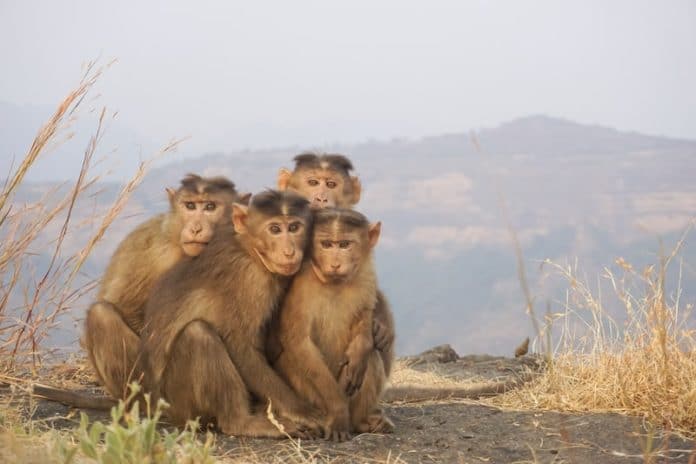This study is interesting because it investigates what is involved neurologically when looking at certain simple actions towards members of our communities. One of the biggest indicators of one’s health behaviors is to look at the people in their immediate orbit. If you look at any of the “Blue Zones,” areas in the world where people live the longest, you can see the main commonality is a sense of community influence.
In this study, “three monkeys sat around a rotary table and took turns offering food to one of the other two monkeys” while researchers observed the neuron activity in their brains. What the researchers found was that “Many of the neurons encoded information not only about the actions and outcomes of specific individuals but also about their past behavior. This information about past interactions with group members influenced an animal’s upcoming decisions to reciprocate or retaliate, and investigators could use the neuronal information to predict which monkey would receive an apple slice from a particular monkey even before it was offered.” While the findings of this study may seem fairly simple, it is important because it may speak of the nature of humans as well. Previous interactions with certain members of our community can and will influence future behavior. The part of the brain that is responsible for this is the dorsomedial prefrontal cortex (dmPFC). The study found that “the dmPFC plays a role in strategic decisions.”
Study cited: https://www.sciencedaily.com/releases/2021/10/211021175207.htm

